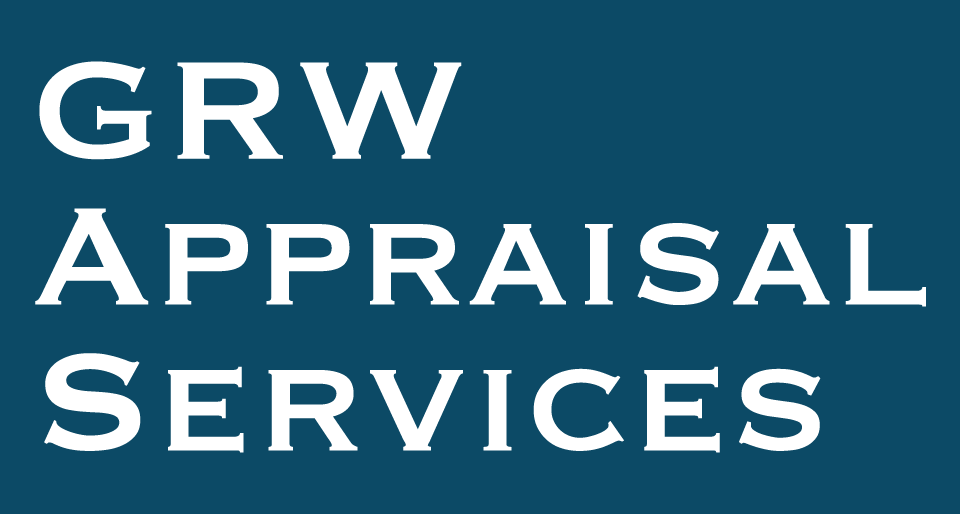Services > Buy-Sell Agreements
Buy-Sell Agreements
 A buy-sell agreement among business owners defines the terms and conditions on a future sale of an interest in a business. If well written a buy-sell agreement can smooth the transfer of an ownership interest and overcome opposing motivations. If not, it can result in disagreement or stalemate among owners.
A buy-sell agreement among business owners defines the terms and conditions on a future sale of an interest in a business. If well written a buy-sell agreement can smooth the transfer of an ownership interest and overcome opposing motivations. If not, it can result in disagreement or stalemate among owners.
Terms of a buy-sell agreement may be triggered for many reasons including:
- death or disability
- retirement or termination of employment
- disability
- divorce
- bankruptcy
- receipt of a third-party offer to purchase your business
Having an agreement in place may give an owner a ready market for his or her business interest, resolve estate liquidity issues, provide a framework for establishing the purchase price of an ownership interest, and reduce shareholder disputes.
Business appraisers can help clients understand the details of these agreements and work with legal and other professionals to draft appropriate buy-sell contract language. Where lack of a buy-sell agreement or misunderstanding over the interpretation of its terms may be the basis of owner disputes about company value, an accredited appraiser can help.
A typical well-written buy-sell agreement will specify details such as:
valuation methodologies to be applied, triggering events that cause a buyout, determination of an appropriate valuation date, payment terms, funding methods, non-compete agreement terms, and permitted interest transfers.
Fair value is another standard of value. Fair value is typically defined by statute and case law in the state in which a company is organized and commonly is interpreted as that which is fair or equitable. In some states, this includes discounts for lack of control or marketability and in others, it does not. It is important that owners agree upon a definition of this standard if it is going to be used for buy-sell purposes. In states in which a business interest is not subject to discounts, fair value is typically defined as a pro-rata value of 100% of the equity in a company. Broadly, 10% of a company worth $100 would be $10 under those fair value statutes.
Formula pricing. This method does not equal fair market value but is, rather, a means to estimate a value in an ownership interest. Formulas appeal to many parties to buy-sell agreements because they are objective and inexpensive to determine. They may, however, miss subjective factors that influence value. Clients using a formula price should revisit the formula periodically to make sure the resulting value is still representative of their intentions. A formula can become outdated very quickly and its use for buy-sell purposes is generally not recommended.
Book value. Value is sometimes defined as net book value as recorded in the entity’s records, tax returns, or as determined under generally accepted accounting principles (GAAP). This value may be based on a company’s financial statements, an independent audit, or tax return information. Net book value is typically indicative of historical cost and not fair market value.
Value based on insurance proceeds. In a buy-sell agreement, it is not uncommon for the purchase price of an interest in a closely-held company to be the amount of an owner’s life or disability insurance policy proceeds. While this is a simple method, it may or may not approximate fair market value. This potential variance may cause problems for the redeemed owner. Its use for buy-sell purposes is generally not recommended.
Periodic review and consensus. A company with several owners may periodically hold meetings to review and update an agreed upon value. Buy-sell contracts with a static value provision will need to be modified at regular intervals. Owners must resolve how often the contract should be updated, how those changes will be documented, and what happens if the agreement is not updated. Owners should ensure that all changes to the agreement are documented and properly executed.
- Selecting the standard and definition of value the agreement will use (see above).
- Deciding whether to employ an independent business valuator.
- Making sure the agreement clearly defines the procedures that are to be applied in determining purchase price.
- Making sure the agreement anticipates the funding requirements of a buyout and defines the payment terms.
- Including a provision in the agreement that requires the purchase price on the death of an owner to be no less than the value of the shares “as finally determined for federal estate tax purposes.”
- Making sure the valuation provisions don’t provide an incentive for new shareholders to cause a triggering event and be bought out.
- Including a penalty for leaving early/misconduct/involuntary misconduct – to dissuade shareholder-employees from leaving the company, some buy-sell contracts give less than they would otherwise receive to individuals who leave voluntarily or in cases of misconduct as defined by the agreement. If an owner’s employment is terminated for cause, a “penalty price” such as net book value, a percentage of fair market value, or another predetermined value may be applicable.
- Considering a shareholder’s divorce – many entities want to protect the business against an owner’s spouse obtaining an interest. If so, include language in the agreement to require the purchase/sale of a spouse’s ownership interest if he/she is awarded stock in a divorce settlement. In any event, it is common to require a business owner’s spouse to become a party to the agreement. Spouses should obtain independent legal counsel. Note: If a purchase provision is invoked, the divorcing owner’s interest in the business may be diluted.
- Requiring new stakeholders to be a party to existing buy-sell agreements before becoming shareholders – make sure the valuation provisions don’t provide an incentive for stakeholders to cause a triggering event and be bought out.
Contact GRW Appraisal Services to discuss the type of services needed and how we can help you achieve your goals.



